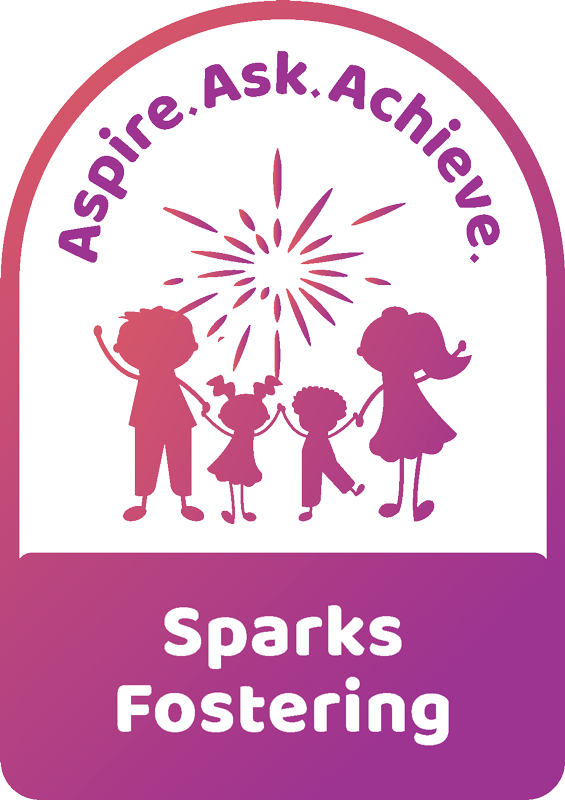Educational Needs of Children in Care
Children in care often struggle with education, when compared to their peers. There are several potential reasons for this depending on the individual child and their circumstances. There are some common challenges for children looked after: All of the children living in foster homes have experienced at least one significant move in address and they’ve been moved away from significant adults in their life – whether this is experienced as a positive move, or traumatic, it is a change which is likely to make concentration in school difficult to sustain consistently. For children who have (and/or continue to) suffer trauma and emotional distress, this impacts on their education as well as their general health. Furthermore, being the ‘care system’ means attending lots of meetings, being asked lots of questions and perhaps feeling ‘different’ to peers. Some children sadly experience moves to several different fostering homes and this is also not helpful for the child’s development. There are undoubtedly other hindrances and challenges for children living in foster care, but these are the most common reasons why children in foster care are less likely to reach their full academic potential.
For this reason, it is important that all Sparks foster carers are particularly mindful of how they may be able to support the child/ren to achieve their full potential in education. This may mean doing the ‘basics’ that is expected of every parent, such as attending school meetings, following the direction of teachers and supporting the child/ren to complete their homework; or it could mean doing ‘extra’, such as finding particularly creative ways to engage the child in their learning, or helping the child to heal and settle so they can focus at school, or building up their self-esteem so they are able to focus despite any insecurities they may have about the potential stigma of being in foster care.
Foster carers must also support children to explore their natural skills and interests; this means that while all children should be encouraged to do the best they can with academic subjects, there should be additional exploration of non-academic subjects and a focus on the subjects that the child enjoys. Finding interests and encouraging success in the child’s development is likely to improve their self-esteem and will keep them occupied and distracted with productive activities.
Sparks fostering offers support to foster carers by attending education reviews with the foster carer, by offering training and by advising the foster carer in supervision. If there are any other specific needs for the children, Sparks fostering will support the foster carer by offering bespoke training and guidance.







